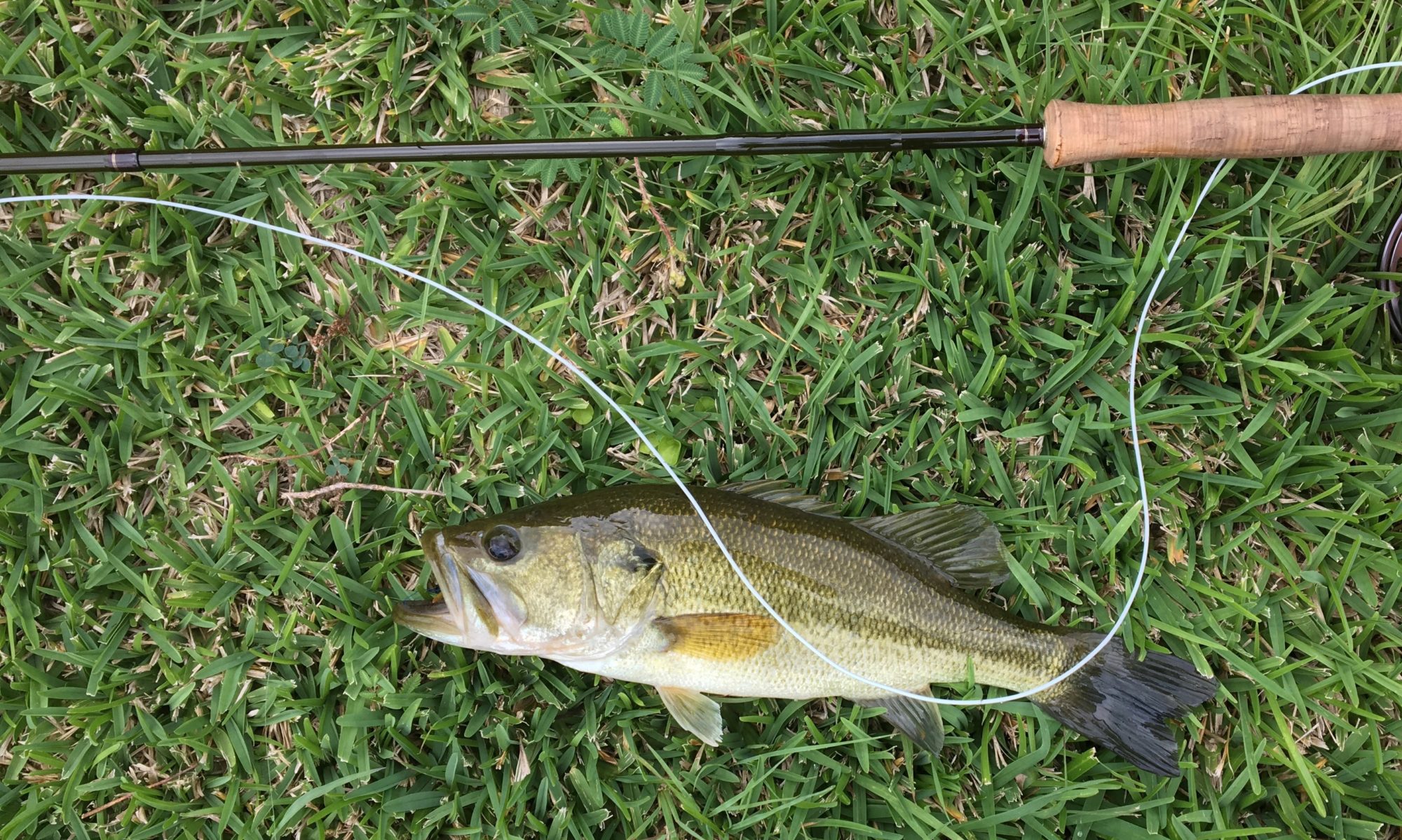


So far Florida and Louisiana have been pretty interesting, but a bust when it comes to fishing. But our son Andy finishes his masters in May in Washington D.C., and we’ll hit graduation and three states, Maryland, Virginia, and West Virginia.
We were in Maryland last year to watch the Astros play the Orioles and poke around Baltimore. Astros won, and we fished a lovely little tailwater below the Baltimore water supply called the Gunpowder, which is the best river name ever. We both caught small rainbows, didn’t take any pictures, and liked Baltimore well enough. This time though we’re fishing the Chesapeake near Annapolis for whatever saltwater stuff happens to be going on in mid-May.
I’ve been to Virginia twice, once to interview students at the University of Virginia–who sticks a university in such a hard place to get to?–and once to have Thanksgiving in Jamestown. I had all sorts of ancestors in Jamestown and thereabouts 400 odd years ago, and it seemed right to go see it. We stayed on the Chesapeake but didn’t fish, but this time we’ll go inland. We’ll try for trout I think.
I’ve never been to West Virginia, and only know that it split from Virginia during the Civil War, and is famous for coal miners and voters for President Trump and John Brown’s raid.
Meanwhile our skiff’s still in the shop and I’ve been fishing a lot for bass and sunfish. Kris birdwatches every day on the Coast: it’s the annual warbler migration. I can’t manage a decent picture of sunfish because the little devils flop and flip, but Kris has taken some great photos of warblers. They’ll have to do. She could even tell you what kind of warblers they are.




And she did. The first is a Baltimore Oriole, the second is a Summer Tanager, the third a thrush of some sort, or a thrasher, and the final an Indigo Bunting. But they all come with the warblers. I’ve heard the warblers migrate from the Yucatan across the Gulf of Mexico–800 miles?–where they fall into Galveston, rest a bit (and by a bit I mean hours) then take off for further north. Some will migrate as far as Alaska. If you’ve ever seen the movie The Big Year where all the birdwatchers show up in Ohio? They’re there for the warbler fall. Paparazzi.
In addition to birds, in our photo files we also have thousands of interesting photos of sticks and leaves.

Autofocus and burst photography has its downside.




